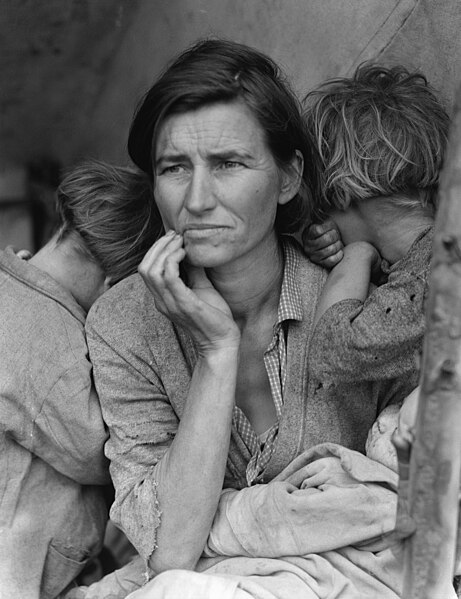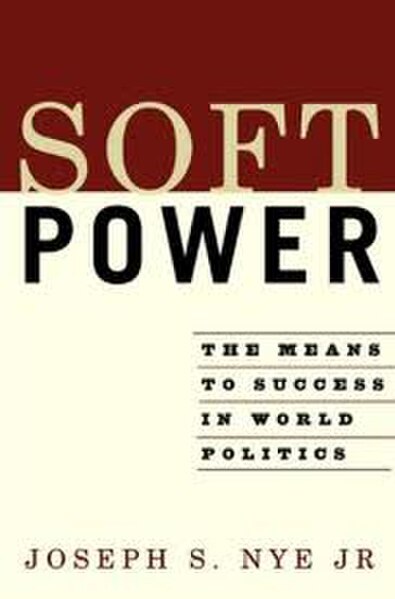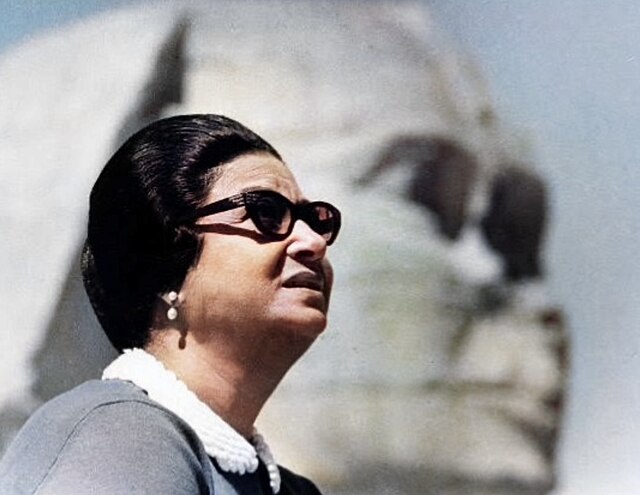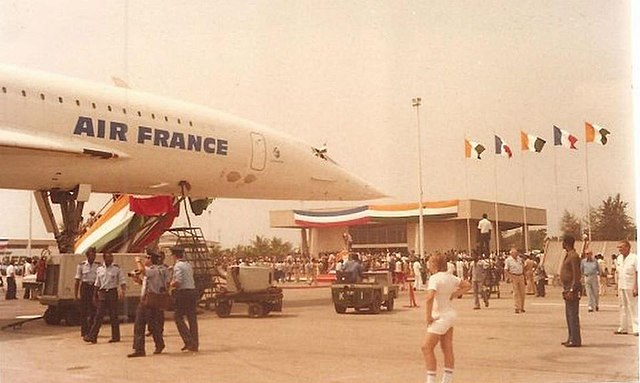Cultural diplomacy is a type of public diplomacy and soft power that includes the "exchange of ideas, information, art, language and other aspects of culture among nations and their peoples in order to foster mutual understanding". The purpose of cultural diplomacy is for the people of a foreign nation to develop an understanding of the nation's ideals and institutions in an effort to build broad support for economic and political objectives. In essence "cultural diplomacy reveals the soul of a nation", which in turn creates influence. Public diplomacy has played an important role in advancing national security objectives.
A meeting of Japan, China, and the West by Shiba Kokan. c. late 18th – c. early 19th century
Migrant Mother (1936), Dorothea Lange
Fulbright Fellow Riccardo Giacconi was a pioneer of X-ray astronomy.
The Beatles
In politics, soft power is the ability to co-opt rather than coerce. It involves shaping the preferences of others through appeal and attraction. Soft power is non-coercive, using culture, political values, and foreign policies to enact change. In 2012, Joseph Nye of Harvard University explained that with soft power, "the best propaganda is not propaganda", further explaining that during the Information Age, "credibility is the scarcest resource".
Joseph Nye's 2004 book describing the concept of "soft power"
Umm Kulthum, example of Egypt's soft power in the 20th century Arab World
The supersonic jet Concorde arrives in Ivory Coast, a former French colony, in 1978. Concorde was often used as a symbol of French prestige and a vessel of soft power.







